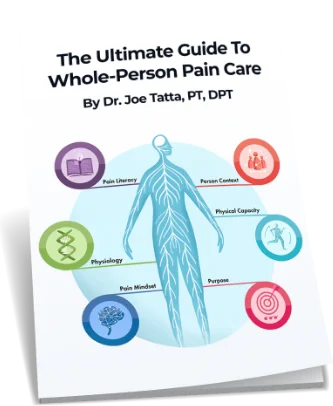ACT for Pain: Defusing The Threats of Language
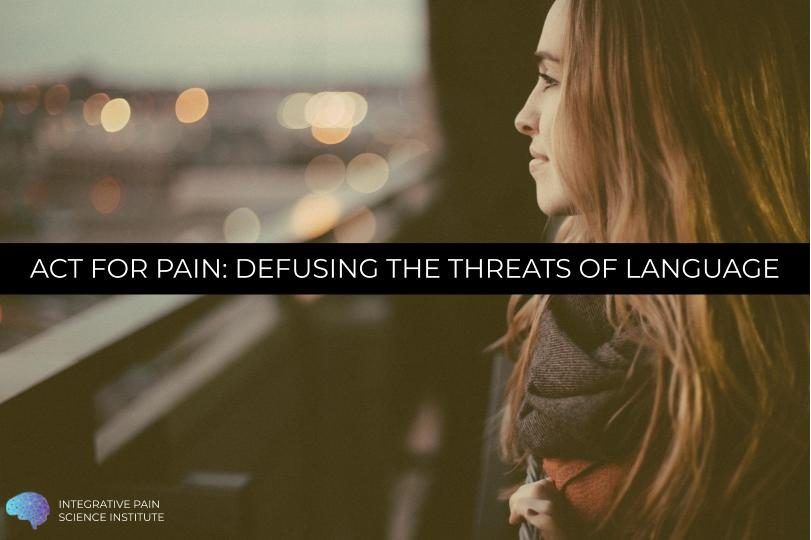
In a recent blog, I discussed how Acceptance and Commitment Therapy (ACT) can help a patient create a willingness approach (acceptance) to unpleasant thoughts, feelings and physical sensations (1, 2). Note: acceptance is rarely a word to use with directly with patients or loosely in the clinic. An important core process in the ACT model […]
Surgery for chronic pain: Are the benefits worth the cost and risk?
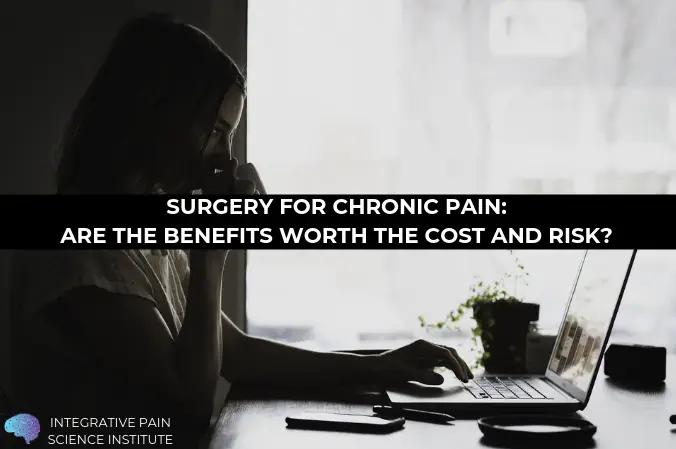
Musculoskeletal disorders such as low back pain (LBP) and osteoarthritis (OA) are among the leading causes of chronic pain and disability around the world. In 2017, LBP topped the list in terms of years lived with disability [1]. As people live longer, these conditions are becoming more prevalent, are undertreated, and the demand for surgical […]
Does Psychologically Informed Physical Therapy Work Better for Pain?
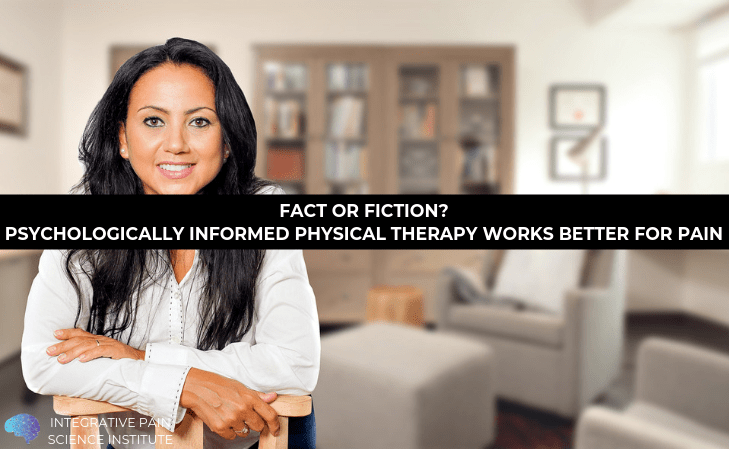
Is there more that physical therapists can do when addressing the psychological obstacles to pain treatment and prevention? One in five, or about 1.5 billion people worldwide, suffer from chronic pain (1). Despite recent medical advances, the efficacy of treatment for chronic pain does not match this widespread and costly demand. Analgesic medications, such as […]
Diet and Physical Activity: Can Diet Improve Physical Function and Prevent its Decline?

The prevalence and incidence of chronic pain and musculoskeletal-functional decline is well documented. Thus, comprehensive pain care requires a multimodal approach. Utilizing physical activity and nutrition is important in pain care, and both are core health promotion competencies. The role of the physical therapist to screen patients for and provide information on dietary and nutritional […]
What Do Physical Therapists Think About Psychologically Informed Care?
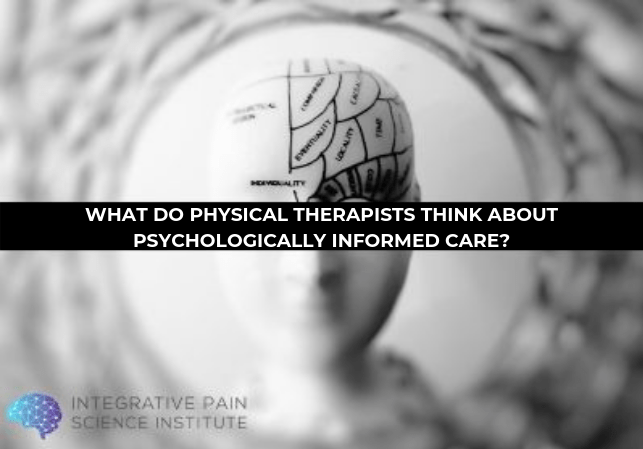
Psychologically Informed Care: Why do Physical Therapists think? Although physical and mental health are governed by distinct mechanisms that can be conceptually separated, a bidirectional association exists that can strongly influence overall health. For this reason, chronic pain sufferers are at a higher risk of developing depression, anxiety, self-stigmatization, low self-esteem, and social isolation (1, […]
Breaking Through the Psychological Barriers of Chronic Pain Clients
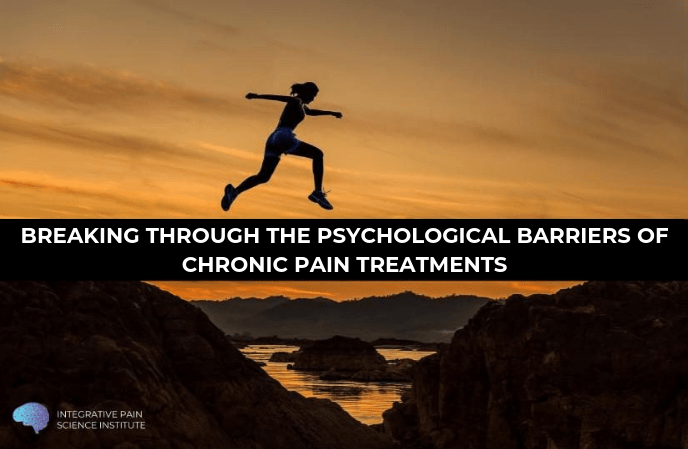
As a physical therapist treating chronic pain through private practice, patients’ noncompliance has no doubt led to frustration at times. Not only does it interfere with your ability to truly help a patient reach her or his fullest potential, but it can interfere with your clinic’s bottom line. Statistics show that only about 35 percent […]
